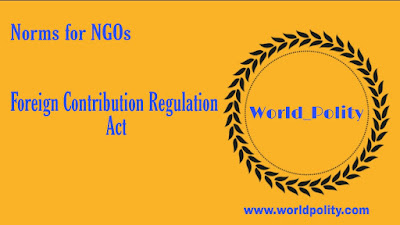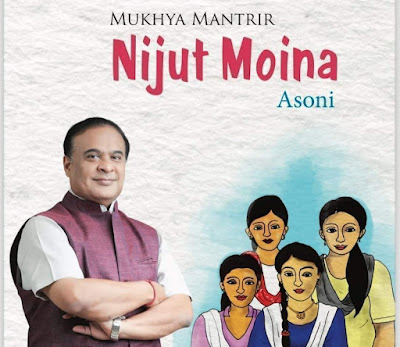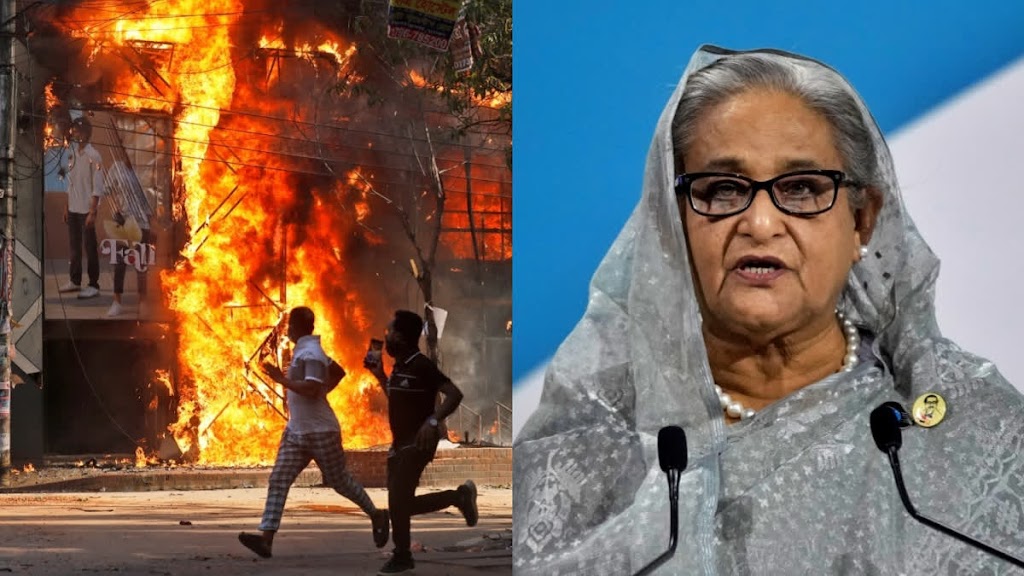The Union Home Ministry of India relaxed the norms for NGOs mandated to stay up the FCRA account with the bank of India (SBI) under the Foreign Contribution Regulation Act (FCRA).
In a 5-page-order, the Union Home Ministry of India stated, “The FCRA Account” holder shall have complete freedom to transfer the foreign contribution (FC) received in “FCRA Account” which is opened in SBI to a distinct “FCRA Account.”
The SOPs further noted that SBI main branch at capital of India (NDMB) won’t levy any charges or fees on any transfer of foreign contribution from the “FCRA Account” to “another FCRA Account”, if any, and to utilization account, if any, of the entity or NGOs. “For each such transfer, the “FCRA Account” holder to seek out through an e-mail moreover as well as SMS immediately,” it added.
The home ministry has set a deadline of March 31, 2021 for NGOs registered under FCRA to open an account at the required branch of SBI. “From the date of opening of “FCRA Account” in NDMB or from 31.03.2021, whichever is earlier, no inward remittance are allowed in any account apart from that opened in NDMB,” the MHA’s order stated. However, it allowed NGOs to keep up their existing FCRA Accounts for keeping or utilization purposes.
For SBI, the home ministry in its order said, bank will “allow receipt of foreign contribution only in the “FCRA Account” after confirming that the MHA has already granted a certificate or prior permission”. Besides FCRA accounts details, the NDMB will be required to obtain name of the beneficiary, name, account number, address and country of residence of donors. NGOs getting foreign donation will be required to submit an undertaking detailing the purpose of the receipt of funds as per FEMA declaration and RBI guidelines to the SBI Branch, according to MHA.
The 2020 amendment into FCRA, 2010 was cleared by both the houses of Parliament during the monsoon session and came into existence from September 29, 2020. As per the 2020 Act, the limit of administrative expenses have been reduced from fifty percent to twenty percent and made it mandatory for NGOs to provide Aadhaar number of all its office bearers, directors and other key functionaries, copy of the passport or Overseas Citizen of India (OCI) card, in case a foreign national is on board or member of the NGO, as per FCRA 2020.
According to the home ministry, the annual inflow of foreign contribution was over Rs 58,000 crore between 2016-17 and 2018-19. The new Act empowers the government to ask a violator to not use the funds by holding a “summary inquiry”. Earlier, it was done only after the person or association had been “found guilty” of violation of the Act. Earlier, MHA had flagged alleged misuse of foreign donation by several NGOs including Amnesty International, Greenpeace, Teesta Setalvad’s NGO, Citizen for Justice and Peace, Compassion International, Lawyers Collective, among others.
What is FCRA?
• The Foreign Contribution Regulation Act (FCRA), 2010 regulates foreign donations and ensures that such funds do not affect the internal security of the country.
• The FCRA Act was first enacted in the year 1976 and later it was amended in the year 2010 when a slew of new measures were taken by the Home Ministry to regulate foreign donations.
What are FCRA Norms?
• The Foreign Contribution Regulation Act applies to all NGOs, associations and groups that seek foreign donations. All such NGOs must register themselves under the FCRA.
• The registration will be initially valid for five years, after which it can be renewed if they comply with all the norms.
• The Ministry of Home Affairs (MHA) has asked all NGOs seeking foreign donations to open a designated FCRA account at the main branch of the State Bank of India in New Delhi.



